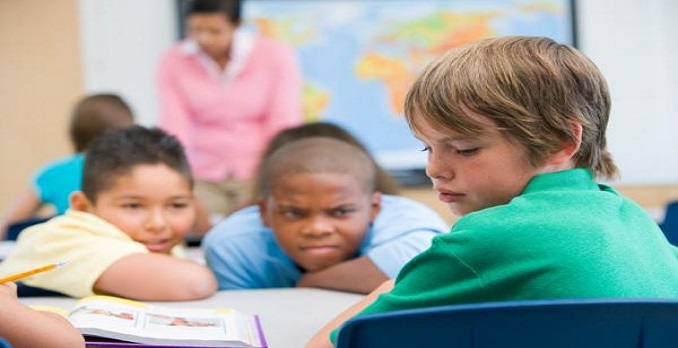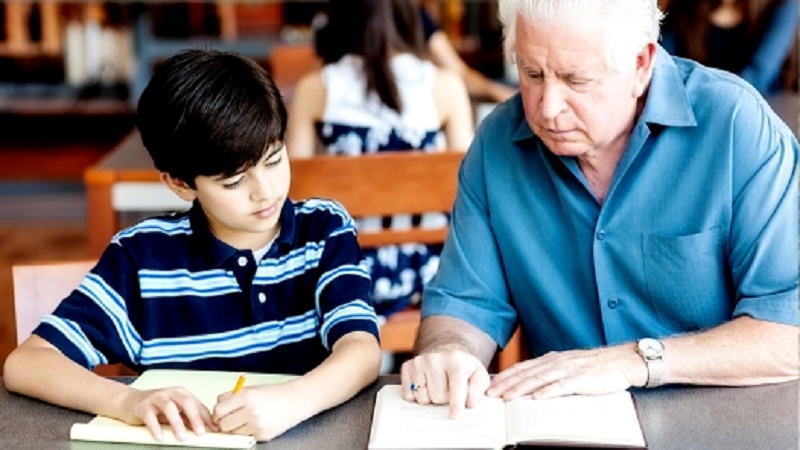Do not confuse the defense with violence. If one feels assaulted, physically or verbally, it is certainly the duty to reply in order to preserve one’s integrity, but one must avoid making the blows. Schools, holiday settlements, and air-conditioned centers are often the scene of tense exchanges that escape the professors and the school staff. These tensions, these disputes and sometimes these physical aggressions deeply affect the temperament of the child who is the victim of it: so that your child does not lock himself/herself, that he/she keeps interacting with others and that Develops, here are some useful tips.
In general, children tend to be more direct and vulnerable at the same time. Mocking and insults are the daily lots of some children. Most are unaware of the harm they cause. In the most serious cases, bullying or school harassment are reported. As a parent, teacher or education assistant (familiarly pawn), you have a duty to help the child defend himself/herself. So does his personal development.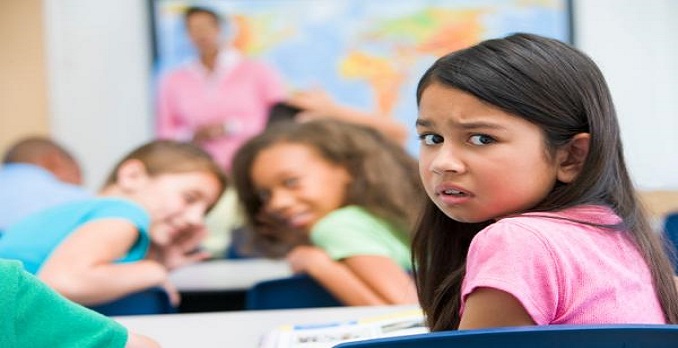
A child who lets pass aggravates his case. If he does not have the proper weapons, he will shut himself up, in spite of himself, in the role of victim. Some are naturally vindictive and cannot be allowed to do so; others simply need to be taught how to react.
To do this, one must first listen to the child and collect what he has on the heart. He must exteriorize the problem by expressing himself freely. To express his pain will release him from a first weight. He will understand then that he is no longer alone in the face of the problem: he has the support of an adult. What may seem obsolete is probably essential for the child: to give importance to the suffering of the child, even if it is the victim only of some mockery. What counts is the perception of the child, not yours.
You may also like to read: How to write an introduction for a research assignment
A child can refuse dialogue (avoid questions in bulk, often-impersonal questions – how did it go, it goes with your teachers and your comrades, and you ate well …). If necessary, talk about your adult day to begin the discussion, relax the atmosphere and make the dialogue more spontaneous.
Then comes the advice of the adult: it must be clear and concrete. Provide the child with a behavioral model. Just explain to her how a responsible adult would react to such a situation. Each solution will depend on the problem. Let us see later some problematic situations
Marginalization. For one reason or another, a child may be removed from a playgroup. A child may also be denied a toy. In such cases, the child must learn to assert himself: whether he takes the initiative of the game, proposes a new game, goes to other groups of children, be more introverted and close to his temperament.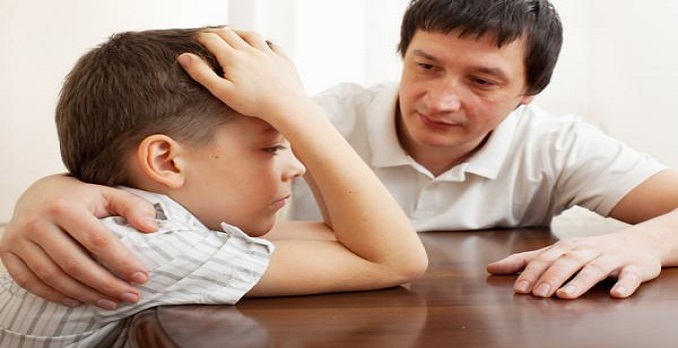
If a toddler finds himself alone because no one wants to play with him, there is a simple solution: to offer him a toy that will arouse the interest of others.
Example: rope, ball, last game in fashion, exotic and rare game. The other children will come naturally to him, for curiosity will titillate them.
False accusations. It is possible that the child is accused of something for which he is not responsible. The child must not let these accusations pass: by showing his disagreement, he shows courage, which reinforces self-esteem. The child must learn to keep his cool and disassemble these unfounded accusations. In an attempt to intimidate him, teach him to stand upright (rather than bowed), speak distinctly (do not talk or speak quietly), look at others in the eyes A fleeting glance), to accompany his speech with gestures.
Insults. If one insults a child, one must teach him to ignore these aggressors, because responding to an insult often leads to a fight. Aggressors get tired quickly if their little demonic game has no effect on the other. This is not easy, especially since the child rarely has the maturity to take on it. But it’s not impossible, far from it. Teach the child to get rid of the big words ( an example of mental play to get there: the infant imagines that he can take the insult and put it in the trash. The child can accompany this thought with gesture and for the older ones no need to go through such a game.
Intimidations ( blackmail, threats, racketeering …). Before this happens, talk to the child: ask him or her to tell him if he or she is being bullied. It can be for parents, relatives or supervisors. The child needs to know that an interlocutor will be there to talk about it in case this happens. If the child is already a victim, he or she must be comfortable with speaking on the subject (see paragraph 3) and then make the decisions that arise.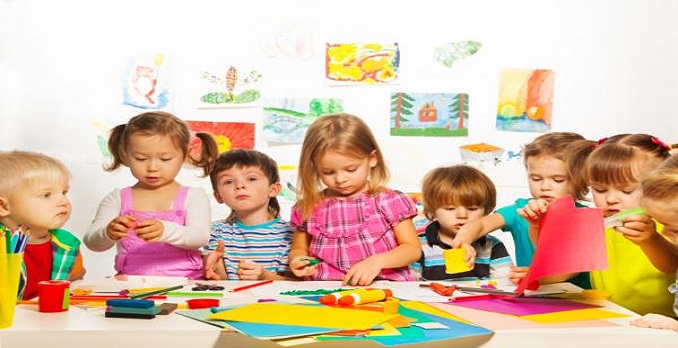
Serious physical or mental harassment. It is up to you to take the reins, with serenity. All you have to do is contact the principal or a teacher to discuss and react. You can also talk to the parents of the students involved in the case. Also, think of talking to the supervisors, because they have a privileged position to solve the problem (which often occurs in the court, at the break …).
In the most severe cases, it is always possible to visit a child psychiatrist and change his / her settling child.
Important note: Teaching a child to defend himself is rarely easy. Be patient and confident. There is always a solution for the child. If you do not feel able to manage the situation, ask for help from a friend or the staff who supervise the child (teacher, headmaster, etc.).
Self-esteem of the child. Also, explain to the child that it is not an isolated case. Take examples of famous people if necessary: if possible, personalities whom the child admires (singers, footballers, humorists …) and to whom he can identify himself. You will be surprised by the result. You can also take an example…
Try to take as an example an adult who shares a physical characteristic with the child: overweight, glasses, big ears, strange gait, dress, first name or surname … Mockery is often directed at a difference Of a physical nature. By normalizing the difference, you help the child to relativize and ignore mockery.
Friends and family support. As a parent, it is essential to spend time with your child: the ideal would be to play with him in a public place where other children are having fun or to invite some of his House. The child must surround himself with friends to count on. A friend is an invaluable confidant and a companion of misadventures.
It is possible that the child has a harmful relationship with comrades who want to harm him or incite him to do stupid things. Then help the child to give up his toxic friend (s).
Advice
- Violence in schools is not new, but an increase in cases of racketeering and physical assaults, as well as certain dangerous games (headscarf, slaughtering bridge, happy slapping …), have aggravated the situation: colleges have therefore put in place preventive actions. Care must, therefore, be taken to ensure that the child is neither a victim nor an actor of delinquent or violent behavior.
-
There are associations that, in collaboration with parents’ associations, teach children to defend themselves, especially in schools. Do not hesitate to call on them to protect your child.

